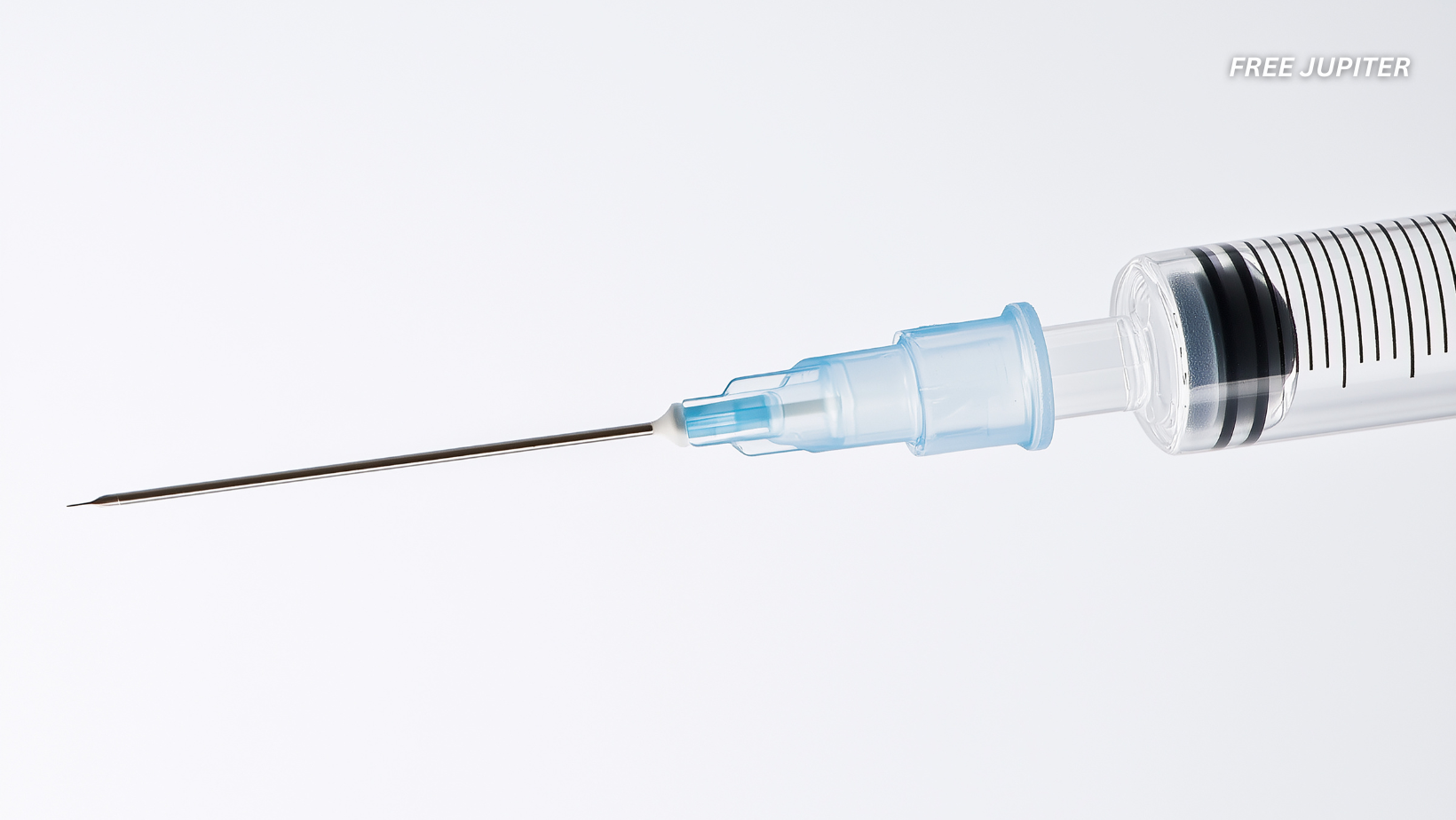In a landmark decision that could reshape HIV prevention strategies around the world, the U.S. Food and Drug Administration (FDA) has officially approved a new, long-acting injection developed by Gilead Sciences. This injection, known as lenacapavir and sold under the brand name Yeztugo, only needs to be administered twice a year and has been shown to reduce the risk of HIV transmission by more than 99.9% in clinical trials.
This approval marks a turning point in the decades-long battle against HIV, offering new hope for both individuals and global health systems trying to curb the spread of this persistent virus.
What Is Lenacapavir and Why Is It Important?
Lenacapavir is part of a class of drugs known as pre-exposure prophylaxis—or PrEP. These medications are taken by people who do not have HIV but are at higher risk of contracting it, such as those with HIV-positive partners, individuals with multiple sexual partners, or those who don’t consistently use protection.
What sets lenacapavir apart is its long-acting nature. Traditional PrEP medications like Truvada or Descovy require daily pills. This poses challenges for many users, including pill fatigue, forgetfulness, or stigma from taking a visible medication every day. Lenacapavir sidesteps all of that—it’s an injectable that only needs to be given once every six months, making adherence significantly easier and more discreet.
The Science Behind the Shot: Promising Trial Results
Gilead’s lenacapavir underwent two large-scale clinical trials to prove its effectiveness:
- CAPRISA-202 Trial (Women in Sub-Saharan Africa):
- Over 2,000 women participated in this trial.
- Result: 0 infections were recorded during the trial, showing 100% protection.
- It significantly outperformed Truvada, the daily oral PrEP pill.
- PURPOSE-1 Trial (Men and Gender-Diverse Individuals):
- Included 2,000+ participants from various gender backgrounds.
- Only two infections occurred, reflecting a 99.9% prevention rate.
- Once again, lenacapavir outshone daily PrEP alternatives.
Minor side effects were reported, such as redness or soreness at the injection site, mild nausea, and occasional headaches. Nothing severe or unexpected.
These results were so remarkable that Science magazine awarded lenacapavir the title of “Breakthrough of the Year” in 2024, and the detailed findings were published in the esteemed New England Journal of Medicine.
Read more: Engineers Invent Headset That Records Your Dreams—and Lets You Play Them Back When You Wake Up!
A Breakthrough With a Price Tag
Despite all the praise, one big concern looms: the cost.
To understand the pricing challenge, it’s helpful to look at the last major injectable PrEP drug, cabotegravir, which was approved in 2021. Though it only needs to be administered once every two months, cabotegravir costs tens of thousands of dollars a year in the U.S. As a result, its global reach has been limited.
Lenacapavir appears to be heading down a similar path. Gilead hasn’t revealed its official pricing yet, but early estimates suggest it could be launched at around $25,000 annually in the U.S. For reference, the version of lenacapavir already approved for treating HIV infections costs $39,000 per year—though prices may drop for the preventive version.
This is a major hurdle. Even well-funded health systems in high-income countries may struggle to support widespread use of such an expensive medication, and lower-income countries stand little chance without outside help.
Can It Be Made Cheaper?
That’s the big question many are asking.
Dr. Andrew Hill from the University of Liverpool, who has been studying drug manufacturing costs with a team of chemists, believes that lenacapavir could be mass-produced for as little as $25 per person per year. He, along with global health advocates, is urging Gilead to lower the cost dramatically so that the drug can reach the people who need it most.
“This drug has incredible potential,” Hill said, “but potential alone isn’t enough. If it’s too expensive, it won’t reach the people who are most at risk.”
A Step Toward Global Access
To its credit, Gilead seems aware of these concerns and has already taken steps toward accessibility. In October 2024, the company signed voluntary licensing agreements with six pharmaceutical manufacturers. These partners are tasked with producing and distributing low-cost, generic versions of lenacapavir across 120 low- and middle-income countries, once local regulatory agencies approve them.
Still, this won’t be an overnight fix. Manufacturing, regulatory review, and distribution take time.
Read more: The ‘Ocean Spiral’: Japan’s Groundbreaking New Underwater City Will Run on Deep-Sea Thermal Energy
To bridge the gap, Gilead also partnered with the Global Fund, PEPFAR (the U.S. President’s Emergency Plan for AIDS Relief), and other global health groups in December. The goal? Provide doses of lenacapavir for up to 2 million people while the generic versions are being prepared.
However, there’s a complication: past funding cuts to PEPFAR during Donald Trump’s presidency have cast uncertainty over the sustainability of these efforts. Without consistent support, even the best-laid plans can falter.
What Global Health Leaders Are Saying
International voices are adding their weight to the call for affordable access. Winnie Byanyima, Under-Secretary-General of the United Nations, stated:
“Lenacapavir could be the tool we need to bring new infections under control—but only if it is priced affordably and made available to everyone who could benefit.”
This sentiment is being echoed by community health workers, HIV advocates, and even public health officials in wealthier countries who recognize that pricing could be the make-or-break factor in this drug’s long-term impact.
Why This Approval Still Matters
Despite the pricing challenges, this FDA approval is a huge step forward. It offers:
- A highly effective, low-maintenance alternative to daily PrEP pills
- Greater confidentiality and ease of use for individuals afraid of stigma
- A new opportunity to reach populations who have been left behind by existing strategies
It’s a scientific triumph that, with the right policy and pricing decisions, could become a global turning point.
HIV Around the World: Why Prevention Still Matters
To understand why a twice-a-year HIV prevention shot is such a big deal, it helps to look at the numbers.
According to the latest data from UNAIDS:
- Around 39 million people worldwide were living with HIV as of the end of 2023.
- In that same year, an estimated 1.3 million people were newly infected.
- About 9.2 million people still do not have access to life-saving antiretroviral treatment.
- Sub-Saharan Africa remains the hardest-hit region, accounting for more than half of all global HIV cases.
- Adolescent girls and young women in this region are three times more likely to get HIV compared to their male peers.
Even with progress in treatment and education, new infections are still happening at an alarming rate—especially in communities with limited healthcare access, social stigma, or economic barriers.
What’s more, despite the existence of daily PrEP pills, many people at risk don’t take them consistently, either because they forget, don’t have access, or feel judged for needing them.
This is why long-acting options like lenacapavir matter. They make protection simpler, longer-lasting, and less dependent on daily routines—giving public health programs a fresh shot (pun intended) at finally controlling the epidemic.
Final Thoughts: Science Is Ready—Is the World?
Lenacapavir is a marvel of modern medicine. It simplifies HIV prevention, removes the daily pill burden, and offers hope of near-total protection. The science has done its part. Now, the next big hurdle is making sure it’s affordable, accessible, and widely distributed—not just to those who can afford it, but to everyone who needs it.
Because when it comes to preventing HIV, a shot given twice a year could end up saving millions of lives—if it’s allowed to.










